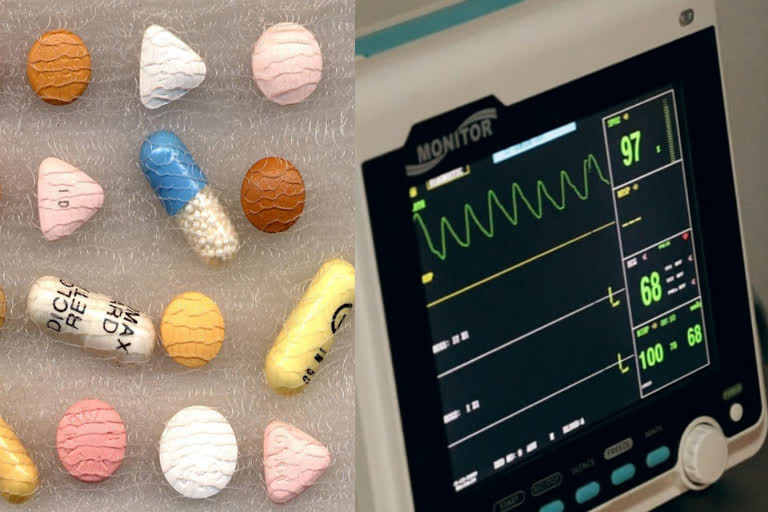Patients with COVID-19 who were on a regimen of the drugs hydroxychloroquine and azithromycin experienced cardiac abnormalities, according to a study which recommends the continuous monitoring of heart beat rhythms in infected people with underlying health conditions.
The research, published in the journal Nature Medicine, assessed 84 patients with COVID-19 treated at a centre in New York in the US.
Recent reports have suggested that the combination of the anti-malaria drug hydroxychloroquine, and the antibiotic azithromycin may help patients with COVID-19, said scientists from the New York University School of Medicine in the US.
Also Read: Combination of cotton, silk may be best home made masks
However, they said both medications may increase the risk of various types of cardiac rhythm abnormalities, such as sudden cardiac death, QTc-interval prolongation, and drug-induced torsades de pointes.
The researchers explained that the QTc interval is measured by an electrocardiogram, and represents the time it takes for a heart to recharge between beats.
Also Read: Hubble Space Telescope yields 1.4 mn observations in 3 decades
A prolonged QTc interval puts a patient at risk for irregular heart beats, also called arrhythmia, and sudden cardiac death, they said.
The scientists, including Lior Jankelson, reviewed the charts and followed the QTc interval of 84 patients with COVID-19 on a 5-day oral regiment of hydroxychloroquine and azithromycin.
